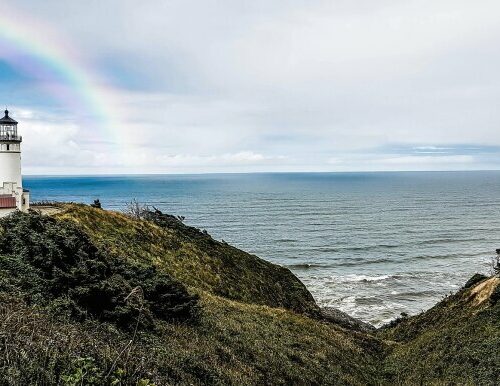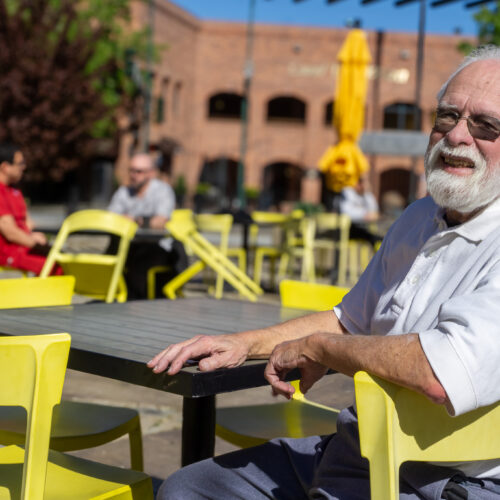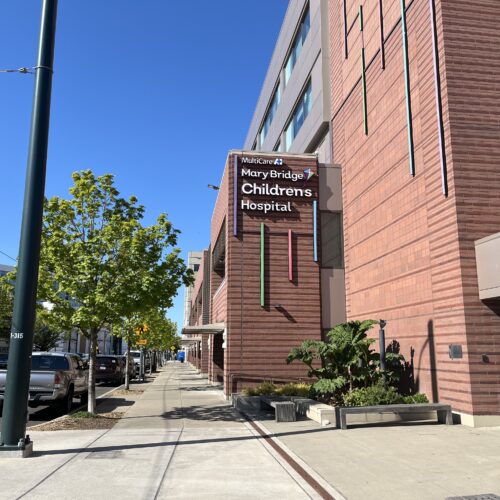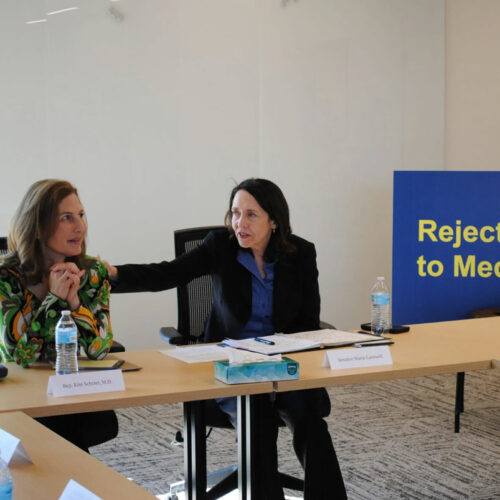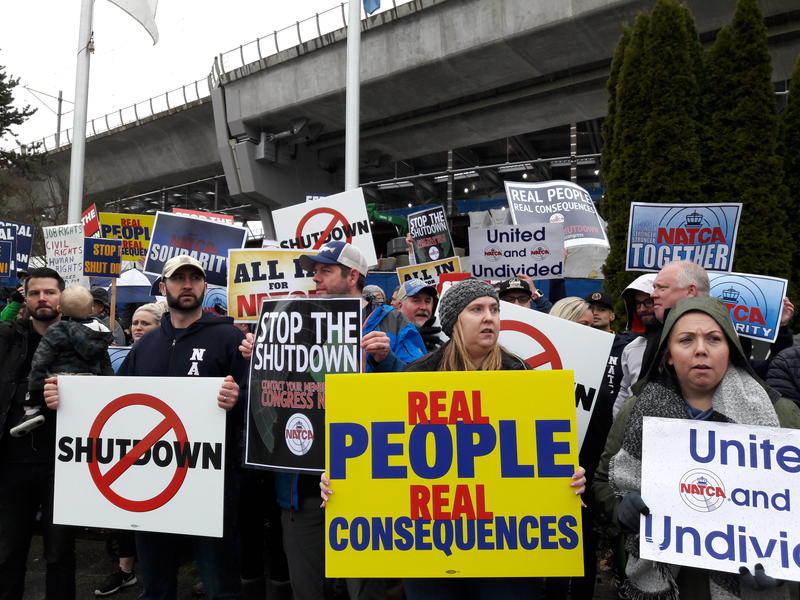
Northwest Officials, Companies Scramble To Help Thousands Of Federal Workers Impacted By Shutdown
Listen
More public and private agencies are stepping up to ease the financial strain on federal workers affected by the partial government shutdown. Many of those workers will miss their second paycheck Friday.
Washington state’s governor and its employment department announced Thursday that the state would follow California’s lead by extending unemployment benefits to all federal workers affected by the government shutdown. Previously, federal workers who were on the job but not being paid did not qualify for unemployment. Those include TSA screeners, Coast Guard personnel and FBI agents, to name a few.
The Oregon governor’s office said Thursday it is evaluating options for expanded coverage too.
Washington State Employment Security Department Commissioner Suzi LeVine said unemployment checks are going out knowing that federal workers should receive back pay when the shutdown ends.
“They will need to pay us back,” LeVine said in Olympia. “We are making sure when we have our first communications with them that they understand that there is this expectation they will pay us that back pay back so that we can reimburse the [unemployment] trust fund.”
Major airports across the Pacific Northwest are accepting donations of food and gift cards (maximum of $20 in value) to distribute to hard-pressed TSA agents. This week, AAA travel stores in Washington and northern Idaho also started collecting donations of gift cards and non-perishable food for federal airport staff who are working without pay.
On Tuesday, the Astoria City Council in northwest Oregon voted to offer federal workers a temporary break on water and sewer bills. Eligible workers — including a large contingent of Coast Guard personnel — can defer the balance and any penalties on outstanding utility bills until the shutdown ends. Afterwards, the deferred amount will need to be paid up.
Tacoma Public Utilities announced it would provide similar forbearance on bill payments from federal workers who are in a bind.
At a press briefing Thursday, Washington Gov. Jay Inslee said Verizon, T-Mobile, Comcast and some hospitals would also offer bill payment flexibility to federal workers.
“The federal government sadly has failed these workers, so Washington is stepping up,” Inslee said. “We know people have missed paychecks. They are facing real threats about rent, mortgages, credit cards, energy bills, phone bills and car loans.”
The Oregon Employment Department estimated that roughly 9,600 people work in Oregon for the federal agencies affected by the shutdown. The latest estimate for Washington state is 15,675.
As of a few days ago, one quarter or fewer of the affected federal workers applied for unemployment benefits in Washington and Oregon, according to the state employment agencies.
LeVine said she was mindful that non-federal workers and contractors are also being hurt by ripple effects from the ongoing government shutdown. She reminded private businesses across the country that there are options such as “SharedWork,” a subsidy to help retain workers at reduced hours. There is also “Standby,” which absolves furloughed workers from the job hunting activities normally expected of people collecting unemployment benefits.
“Essentially as long as there is the promise of a job once business kicks back up into gear, that is a tool available for employers to take advantage of,” LeVine said.
Related Stories:
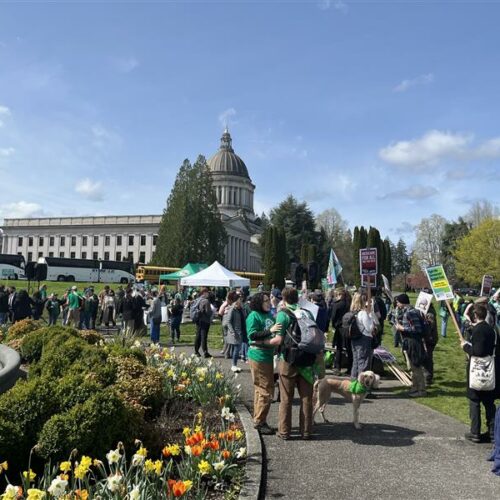
Unpacked: Washington state’s budget deficit
A discussion with host Phineas Pope and NWPB reporter Lauren Gallup about Washington state’s budget deficit.

Federal funding cuts, freezes hit Palouse nonprofits
Palouse area nonprofits focused on helping with emergency food and the arts have had their funding frozen or cut.

Kennewick finds ‘forever chemicals’ in its drinking water for the second spring in a row
For the second spring in a row, Kennewick has found “forever chemicals” in its drinking water that are above Washington state’s standards.


